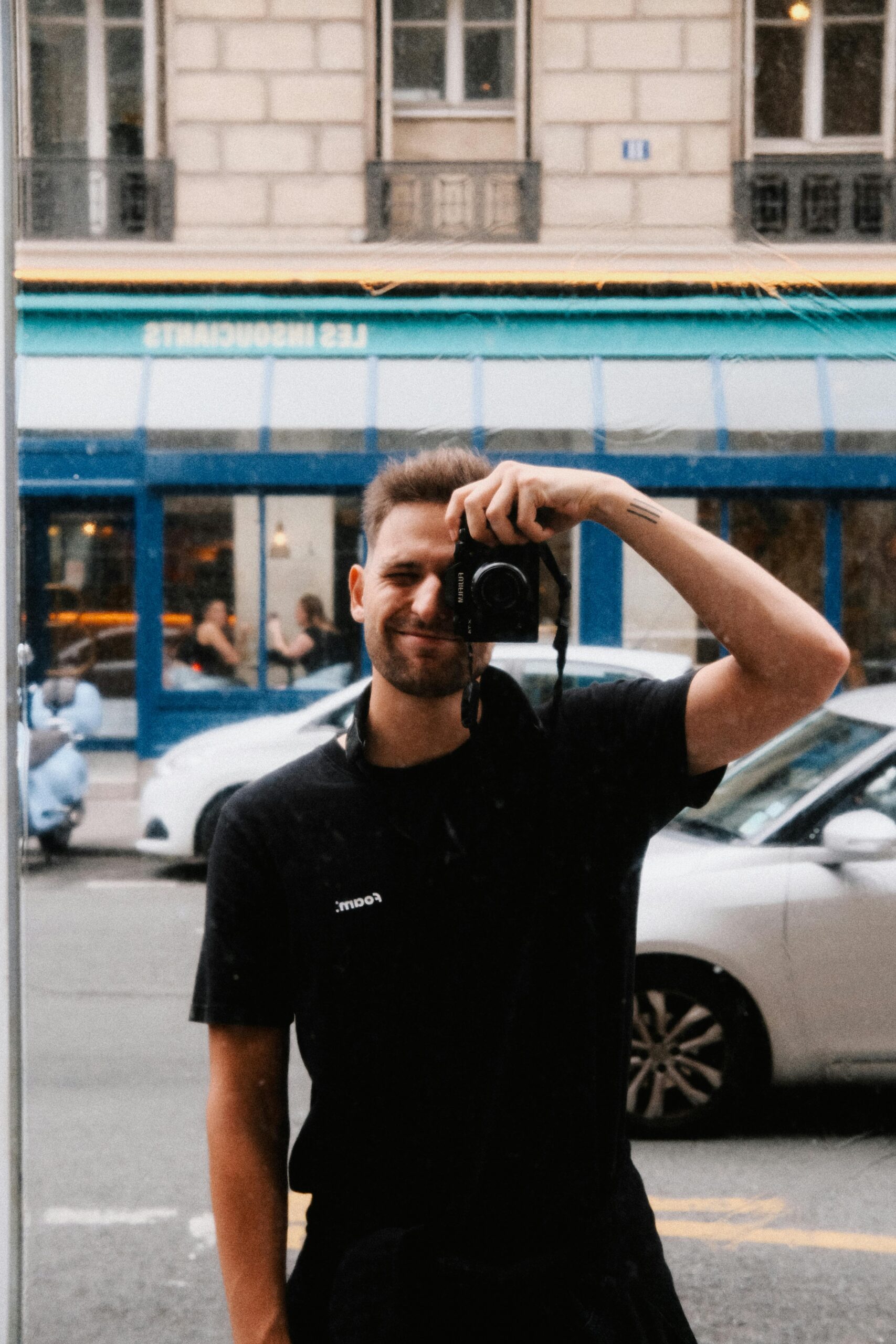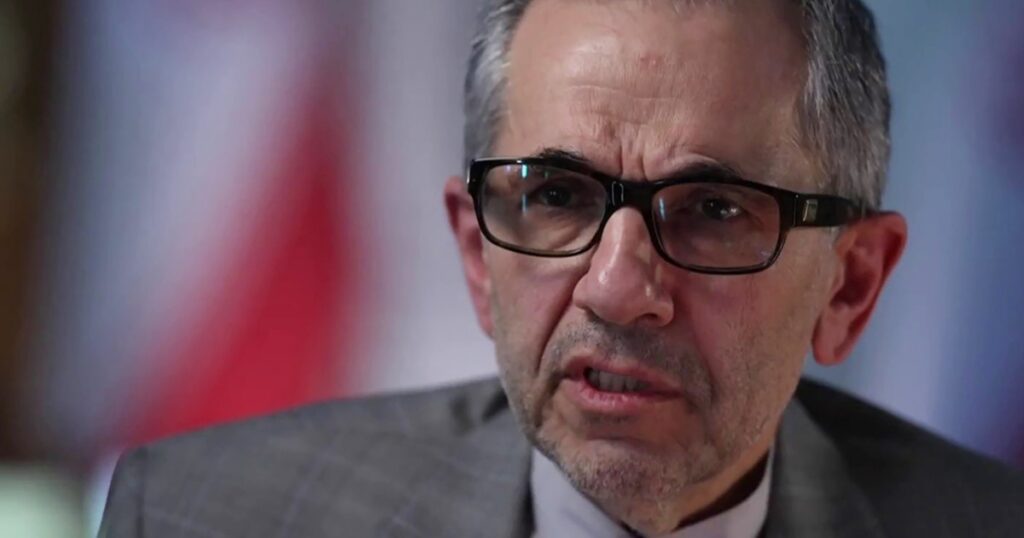Columbia’s New Antisemitism Definition Sparks Academic Concerns
Marianne Hirsch, a distinguished genocide expert at Columbia University, has long employed Hannah Arendt’s seminal work, “Eichmann in Jerusalem: A Report on the Banality of Evil,” to engage her students in discussions about the Holocaust and its lasting impacts.
However, following Columbia’s recent implementation of a new antisemitism definition, which labels certain critiques of Israel as hateful, Hirsch is apprehensive about potential repercussions for referencing Arendt—a philosopher known for her critical stance on Israel’s formation.
For the first time in her 50-year teaching career, the daughter of Holocaust survivors is contemplating leaving academia.
“A university that equates criticism of Israel with antisemitism and threatens punitive measures is no longer a hub for open discourse,” she stated. “I struggle to see how I can teach genocide in such an environment.”
Hirsch is not the only one expressing concerns. Academics nationwide are voicing alarm over intensified efforts to define antisemitism in line with directives from the Trump administration, often accompanied by threats of federal funding cutbacks.
Backed by the International Holocaust Remembrance Alliance, the definition outlines various antisemitic behaviors, including applying "double standards" to Israel, comparing its policies to those of Nazi Germany, or branding its existence as “racist.”
In a recent agreement involving a $220 million settlement with the Trump administration, Columbia committed to integrating the IHRA definition and its examples into its disciplinary framework, with similar endorsements observed at institutions such as Harvard and Yale.
While advocates argue that this definitional shift is essential to address modern forms of antisemitism, civil liberties organizations warn that it may further stifle pro-Palestinian discourse, which is already facing challenges under the Trump presidency.
Hirsch perceives the restrictions on making Holocaust comparisons and questioning Israel’s founding as a “clear censorship” that could inhibit classroom dialogues and expose faculty members to frivolous lawsuits.
“Analogies are crucial for learning,” she articulated. “Yet the university is now indicating that this practice is forbidden. How can a course function if we cannot discuss or interpret ideas?”
A request for comment from Columbia’s representatives went unanswered.
The ‘Weaponization’ of Educational Frameworks
When Kenneth Stern initially crafted the IHRA definition two decades ago, he never anticipated it would evolve into a tool for regulating speech.
At the time, Stern served as the American Jewish Committee’s primary antisemitism expert. He stated that the definition was intended as a broad guide to help European nations monitor antisemitic bias.
In recent years, Stern has voiced strong criticisms against what he perceives as the “weaponization” of this definition against pro-Palestinian activists, including anti-Zionist Jewish voices.
“Individuals aiming to combat hate are often lured by simplistic solutions to complex problems,” he explained. “Yet, in this context, it undermines our understanding of antisemitism.”
Stern recounted that he had communicated his concerns to Columbia’s leadership last fall after being invited to speak by Claire Shipman, the university’s interim president.
The discussion seemed promising, he said. However, shortly after the Trump administration threatened to withhold $400 million in federal funding due to antisemitism allegations, Columbia announced it would adopt the IHRA definition for educational and training purposes.
Just days before announcing a resolution with the Trump administration to restore funding, Shipman revealed that the IHRA definition would also be utilized for disciplinary aims, applying its examples to cases of “discriminatory intent.”
“The formal inclusion of this definition will enhance our response to modern antisemitism,” Shipman remarked.
Stern, now the director of the Bard Center for the Study of Hate, denounced this decision as “appalling,” forecasting it would provoke further legal action against the university while constraining pro-Palestinian dialogue.
The university’s disciplinary board has already encountered criticism for investigating students who have publicly criticized Israel, often following complaints from pro-Israel organizations.
“With this new regulation on the IHRA definition, expect more external scrutiny on what educators are teaching, what materials are used, and increased efforts to file complaints aimed at disciplinary action,” Stern warned. “This will inevitably harm the university.”
Institutional Changes and Reactions
In addition to adopting the IHRA definition, Columbia has agreed to enhance oversight of its Middle East studies program, revise its protest regulations, and collaborate with organizations like the Anti-Defamation League on antisemitism training.
Recently, the university suspended or expelled nearly 80 students involved in pro-Palestinian demonstrations.
Kenneth Marcus, the chair of the Louis D. Brandeis Center for Human Rights Under Law, contended that Columbia’s measures are necessary to safeguard Jewish students from harassment.
He dismissed faculty apprehensions regarding the IHRA definition, asserting it would offer “clarity, transparency, and standardization” in tackling antisemitism.
“Some professors at Columbia may feel they can no longer teach under the new policies,” Marcus commented. “While their departure may be regrettable for them, it may not have a detrimental impact on the institution’s student body.”
Conversely, Hirsch remains committed to her extensive exploration of genocides and their aftermath.
She insists that part of her mission involves educating students about what she terms Israel’s “ongoing ethnic cleansing and genocide” in Gaza—an area that has witnessed over 58,000 Palestinian fatalities, with a substantial portion being women and children, according to authorities.
“With this capitulation to Trump, it may now prove impossible to address these topics within Columbia,” Hirsch remarked. “Should that be the case, I will pursue my work outside the university confines.”

Passionate journalist and digital news editor with a keen eye for global affairs and emerging trends. As the founder and lead writer of RSS News US, he is dedicated to delivering accurate, insightful, and engaging content to readers seeking trustworthy news in a fast-paced world.


